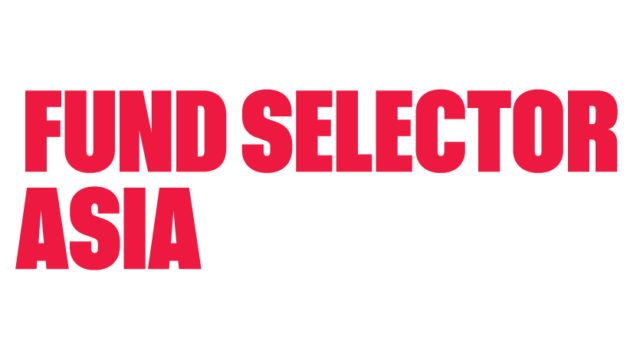The firm has five ETF products available for sale in Hong Kong.
“We expect the number to grow, but we don’t have a specific target. We are also looking at other ways to deliver low-cost and broadly diversified investment strategies. We are looking at funds as well, not just ETFs,” Martielli told FSA.
He had high hopes that the stock connect programmes, both the existing Hong Kong- Shanghai linkage and the expected Shenzhen connection, would soon include ETFs and therefore drive investor interest in the passive products.
At present, only equities are included in the Shanghai-Hong Kong Stock Connect programme, while other product types, such as ETFs and bonds are not included, according to the Hong Kong Exchange.
“We are hopeful that a future step will perhaps include ETFs. So if you have a brokerage account in Shanghai, perhaps you could buy ETFs here in Hong Kong and vice versa. Perhaps this could help broaden the diversification and lower the cost for investors and make the access even easier in China and outside of China,” Martielli said.
US-based Vanguard, which manages around $3trn in assets, is widely known in the US for its low fee funds and ETFs. The firm set up in Hong Kong only in 2011 and has 52 local staff, of which eight are with the portfolio review team, he said.
Slow ETF takeup
Martielli admitted that ETFs have had trouble gathering assets in Asia, particularly in comparison to the US and Europe.
A key reason is retrocession (or clawback) fees, which are paid to the distributor who buys a mutual fund, but not an ETF.
“Fund providers need to pay distributors a fee that is not clearly disclosed to the end-client. This is not a real alignment with the interest of the distributors and with the end-clients in some cases.”
Another reason is the investment culture in Hong Kong and China, where frequent trading of products is more popular than long-term, buy-and-hold strategies, he said.
“It’s starting to change,” Martielli said. “A lot of private banks are starting to develop their portfolio business where the clients just pay a fee for advice [instead of commission] and they have more flexibility to suit the clients. A lot of building blocks tend to be ETFs, as people have started to recognise their convenience.
He said the firm was “starting to see increased interest” but he declined to provide any figures.
The ETF market in Hong Kong has been active this year, as asset managers began rolling out passive products and building up teams. BMO Global Asset Management launched its second series of four ETFs in Hong Kong in February.
In April, Amundi Asset Management debuted its ETF in Hong Kong in April. State Street Global Advisors said it named two new hires in Hong Kong and Singapore to strengthen its ETF research and product capabilities in Asia-Pacific. Samsung Asset Management debuted its oil ETF.
Earlier this month, Mirae Asset Global Investment expanded its Asian ETF team and the firm intends to launch an oil ETF in Hong Kong sometime this year.
However, the passive vehicles do not have an impressive history in Hong Kong. There are only 106 ETFs available for sale in Hong Kong, according to FE Analytics.
Of the total, only 10 ETFs have gathered assets over $1bn and most of those have been in the market for more than a decade.
The exceptions are two China-related funds launched in 2012, ChinaAMC CSI 300 Index ETF and the CSOP FTSE China A50 ETF, which managed to reach the $1bn mark relatively fast.

















